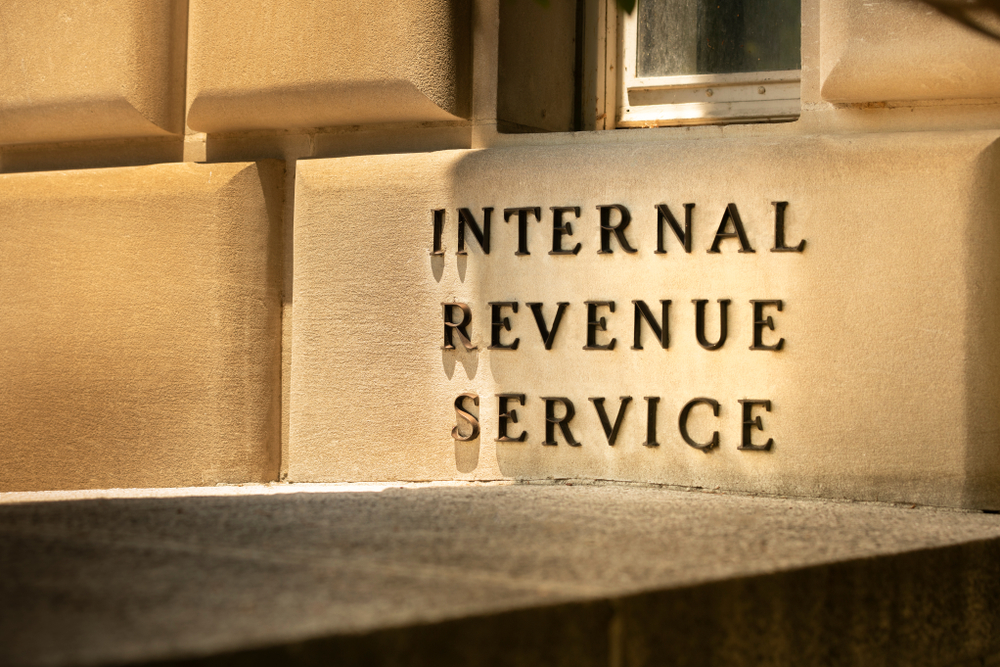The IRS Begins a $70 Million IT Modernization Project
The WasteWatcher
 As Tax Day rapidly approaches and tens of millions of Americans get ready to file their taxes, the Internal Revenue Service (IRS) is once again attempting to upgrade its ancient technology, which has been a key factor in the ongoing delays in processing tax returns from the 2021 tax season. On April 1, 2022, the IRS announced it had awarded a $70 million contract to upgrade and modernize its existing legacy information technology systems. This announcement follows a March 31, 2022 Taxpayer Advocate Service (TAS) report that the agency had nearly 15 million unprocessed tax returns as of March 18, 2022.
As Tax Day rapidly approaches and tens of millions of Americans get ready to file their taxes, the Internal Revenue Service (IRS) is once again attempting to upgrade its ancient technology, which has been a key factor in the ongoing delays in processing tax returns from the 2021 tax season. On April 1, 2022, the IRS announced it had awarded a $70 million contract to upgrade and modernize its existing legacy information technology systems. This announcement follows a March 31, 2022 Taxpayer Advocate Service (TAS) report that the agency had nearly 15 million unprocessed tax returns as of March 18, 2022.
The backlog is largely for returns that are processed by hand, which the TAS in its January 2022 report called the IRS’s “Kryptonite,” since every number on every piece of paper that is not filed electronically has to be input manually. This is not a new problem, as the IRS has considered but not implemented scanning technology since states have used 2-D barcoding and/or optical character recognition (OCR) technology, to streamline their tax processing systems for more than 20 years. Part of the delay was caused by the IRS’s failure to decide which technology to use.
IRS technology issues are not new. In 2013, following an article detailing the then-IRS chief information officer’s desire to make the agency’s information technology (IT) program, a “world class” structure, Citizens Against Government Waste cited how the IRS spent $235 million on software licenses without proper accounting for these assets. This led to some licenses being either overused or underused, “including eight software products that were not used in a cost-effective manner because the agency deployed significantly fewer licenses than it had purchased.”
Delayed tax returns can impact mortgages, personal or business loans, and student financial aid. It is long past time for the IRS to modernize its information technology systems and streamline its data processing systems. Taxpayers can only hope that the $70 million investment by the agency will be a success, unlike prior efforts, and finally speed up the tax return process.